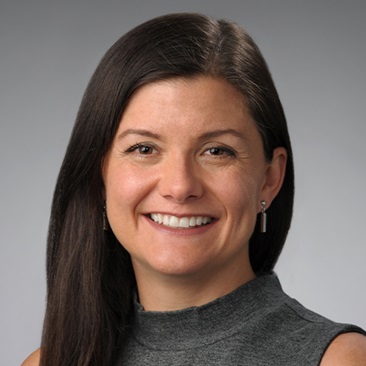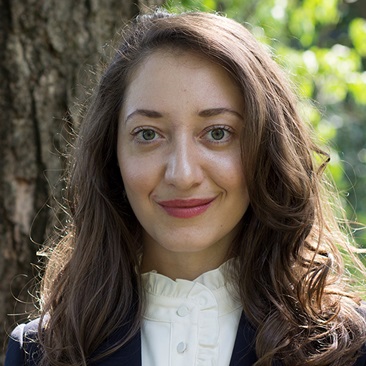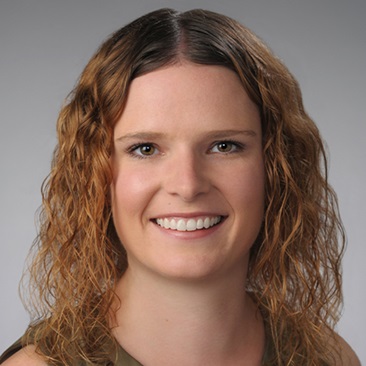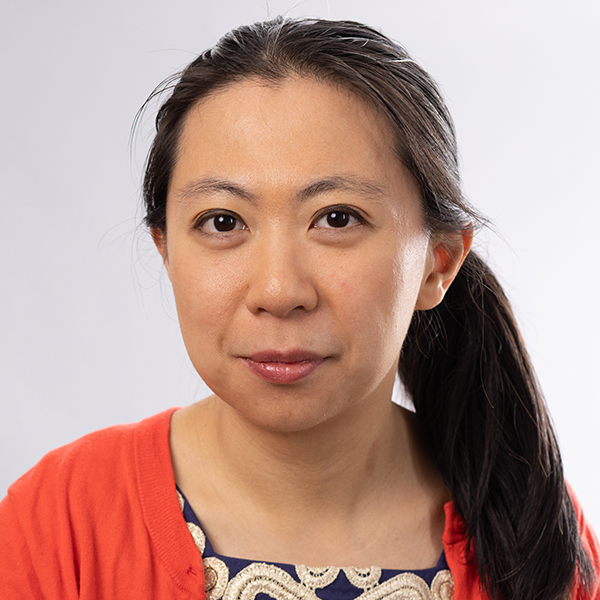full-time faculty teaching and conducting research in political science
of Maxwell faculty conduct research focused outside of the U.S.
graduate students in residence; fewer than 12 admitted each year
Undergraduate Studies
Graduate Studies

I am Maxwell.
Civic engagement is a core value for me. I have always aspired to help the communities I’m from.” Mazaher Kaila, a Maxwell alumna and third-year student at Syracuse University's College of Law, moved with her family from Sudan to Central New York when she was four years old. “I realized that to make meaningful change in society, I needed to understand the systems that power it—government and politics—and that’s insight I would gain by studying political science.”
Mazaher Kaila ’19, L’22
political science, law
Cleary study on rights of indigenous women in Mexico published in LAPS
Jul 7, 2020
Subordinated Autonomy and the Political Inclusion of Women in Indigenous Mexico
Matthew R. Cleary
Latin American Politics and Society, July 2020
"Subordinated Autonomy and the Political Inclusion of Women in Indigenous Mexico," written by Associate Professor of Political Science Matthew Cleary, was published in Latin American Politics and Society. The study argues that the act of formalizing autonomy for indigenous communities, in the context of Mexico’s homogenizing neoliberal state, had the unanticipated effect of exposing exclusionary practices to state scrutiny, which eventually forced those communities to recognize women’s political rights. 07/07/20
Related News
Commentary

Jun 14, 2024
Research

May 3, 2024
Research

Apr 29, 2024
School News

Mar 25, 2024
BaoBao Zhang Joins First Cohort of AI2050 Early Career Fellows
One of only 15 scholars chosen from across the U.S., Zhang will receive up to $200,000 in research funding over the next two years. Zhang will use the funding to partner with the nonprofit, non-partisan Center for New Democratic Processes to test whether public participation in AI governance is increased through the creation of public assemblies, known as “deliberative democracy workshops.”
Baobao Zhang
Assistant Professor, Political Science Department

Cleary study on rights of indigenous women in Mexico published in LAPS
Jul 7, 2020
Subordinated Autonomy and the Political Inclusion of Women in Indigenous Mexico
Matthew R. Cleary
Latin American Politics and Society, July 2020
"Subordinated Autonomy and the Political Inclusion of Women in Indigenous Mexico," written by Associate Professor of Political Science Matthew Cleary, was published in Latin American Politics and Society. The study argues that the act of formalizing autonomy for indigenous communities, in the context of Mexico’s homogenizing neoliberal state, had the unanticipated effect of exposing exclusionary practices to state scrutiny, which eventually forced those communities to recognize women’s political rights. 07/07/20
Related News
Commentary

Jun 14, 2024
Research

May 3, 2024
Research

Apr 29, 2024
School News

Mar 25, 2024
